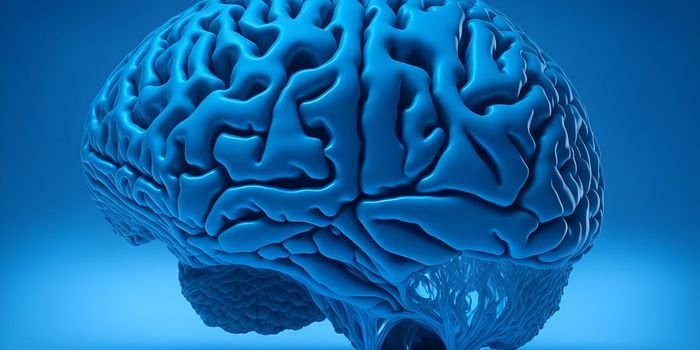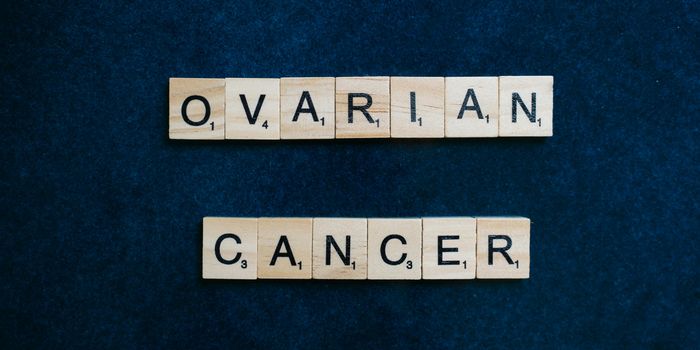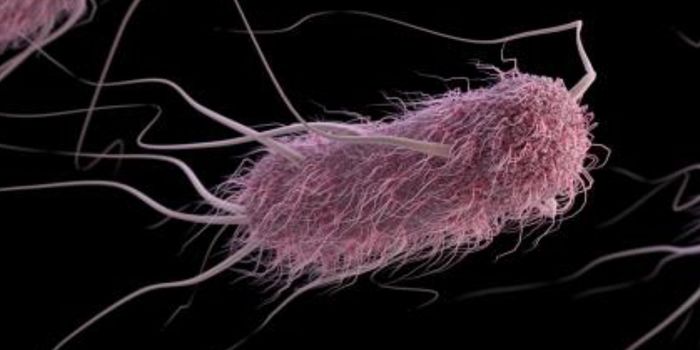Genetics Affect Response to Cancer Immunotherapy
Researchers have found that genetic factors may dictate as much as 20% of the efficacy of checkpoint inhibitors, a kind of immunotherapy that releases the immune system's brakes so it can better attack cancer cells.
For the study, they used data from The Cancer Genome Atlas and ultimately analyzed the genes and immune responses of 9,000 patients with 30 different kinds of cancer. All in all, they examined 11 million gene variants and how they correlated with 139 immune parameters measured in the patients' tumor samples.
Previous studies found that those who respond best to immunotherapies tend to have 'inflamed tumors'- tumors that have been infiltrated by immune cells capable of fighting off viruses and cancer cells. As such, the researchers looked for markers of inflamed tumors among cancer patients in their data set.
In doing so, they identified 22 regions of the genome or individual genes that played a large role in the immune response. In particular, they identified one gene, known as IFIH1, which is already known to influence autoimmune diseases like type 1 diabetes, psoriasis, and Crohn's disease.
Regarding cancer immunity, patients with the Type 1 diabetes variant of IFIH1 had more inflamed tumors, suggesting they would respond better to cancer immunotherapy. Those with gene variant linked to Crohn's disease, however, had less inflamed tumors, suggesting they would respond worse to the treatment.
The researchers also identified STING1, a gene already known to play a role in patients' response to immunotherapy. While drug companies are researching ways to amplify its effects, the present study found that a variant of the gene makes people less likely to respond to immunotherapy.
"Rather than testing selected genes, we analyzed all the genetic variants we could detect across the entire genome. Among all of them, the ones with the greatest effect on the immune system's response to the tumor were related to interferon signaling. Some of these variants are known to affect our response to viruses and our risk of autoimmune disorders," says Davide Bedognetti, co-senior author of the paper.
"As observed with other diseases, we demonstrated that specific genes can also predispose someone to have a more effective anti-cancer immunity."
Sources: EurekAlert, Cell









